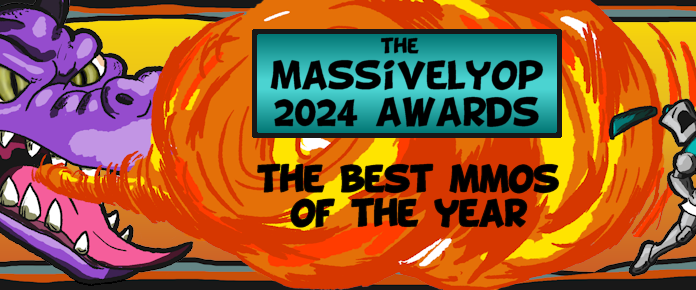
Team SoloMid owner Andy “Reginald” Dinh publicly dinged Riot for releasing big patches just ahead of a major competition — in this case, the LoL World Championships, which kick off about a month from now. “Imagine like the players in NBA before playoffs had their basketball taken away and had to shoot a bowlingball,” Reginald said in an interview earlier this week, explaining that pro players’ efforts to adjust to new game rules caused burnout.
Riot co-founder Marc “Tryndamere” Merrill fired back by suggesting the burnout experienced by Reginald’s team after game-changing patches would be better rectified if he spent “more of the millions he has made / makes from League of Legends on paying them instead of investing in other e-sports where he is losing money.” Merrill also claimed Riot is focused on minimizing player exploitation by team owners and that while the studio agrees patch timing is important, this year it “intentionally prioritized game health and viewer experience (cool bot lane fights and early game aggression) over the ability for teams / coaches to field ‘safer’ comps by lane swapping.” (Merrill edited his comments afterward to remove the insinuations about money.)
In a followup, Dinh rejected the idea that teams and team owners are making millions, and amateur players stepped up in support, noting the patch problem affects them too (in addition to what they say is a lack of support from Riot). Wrote Dinh,
“Most LCS teams lose money because stipends are stagnant, sponsorships for LCS team operations are shrinking and the cost of player salaries, content production, support staff and housing costs are spiraling up. The reason why I started to invest in other games was because LCS left me no choice. The relegation system is unstable and risky for everyone, other publishers are more collaborative and provide more opportunities for teams and players to make revenue. […] I’ve done all I can and it’s not enough. It’s irrational to invest even more money into LCS, given how restrictive LCS is on our team coupled with the potential of being relegated every split. Even the current and potential outside investors who are now exploring the space already assume that viable rev-sharing with the teams and players exist. “













